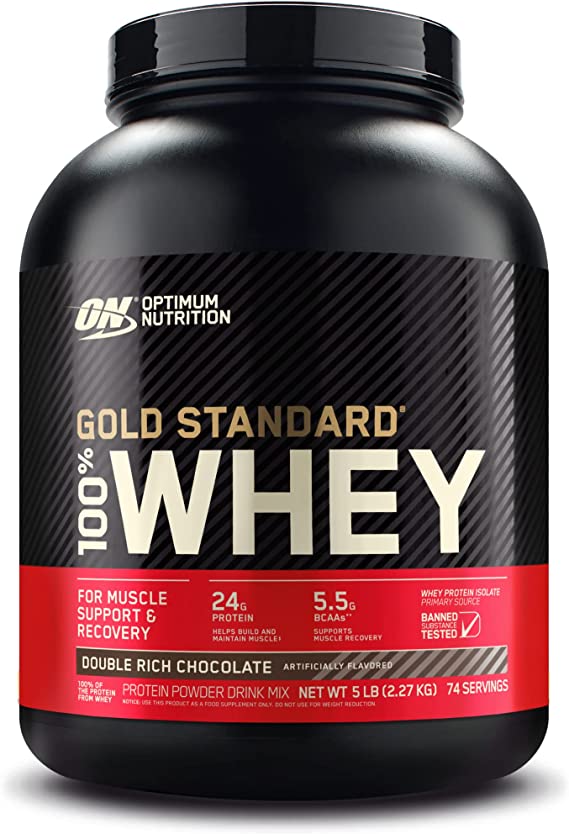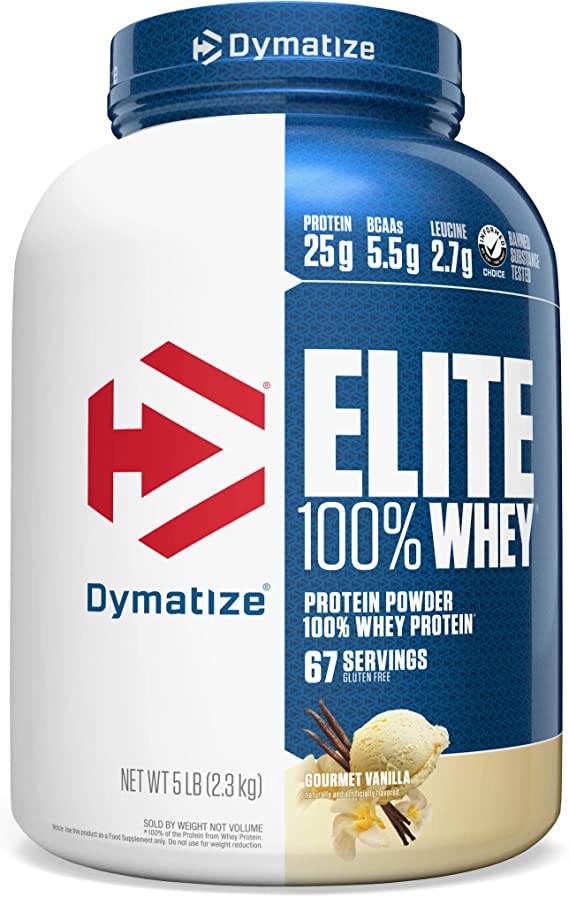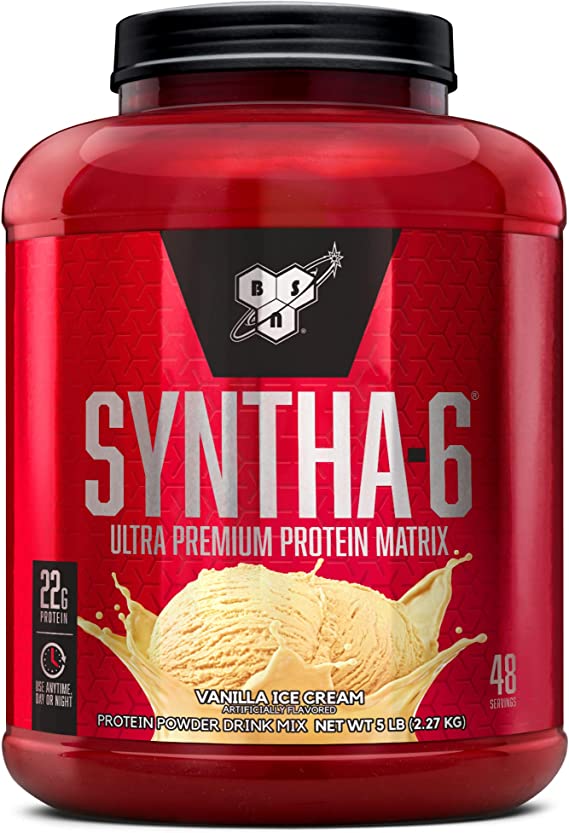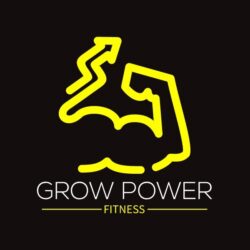Introduction
In the quest for building muscle and achieving a toned physique, a high protein diet has gained significant popularity among fitness enthusiasts. Protein is an essential macronutrient that plays a vital role in repairing and building muscle tissues. Whether you are an athlete, bodybuilder, or just someone looking to improve your overall fitness, understanding the benefits and principles of a high protein diet can greatly impact your muscle gain journey.
1. The Role of Protein in Muscle Building
Proteins are composed of amino acids, which are the building blocks of muscle tissue. When we engage in resistance training or exercise, muscle fibers undergo microscopic tears. Protein helps repair and rebuild these fibers, making the muscles stronger and larger over time.
Amino acids are categorized into essential and non-essential types. Essential amino acids must be obtained through the diet since our bodies cannot produce them. Incorporating a variety of protein sources in your diet ensures you get all the essential amino acids required for muscle repair and growth.

Optimum Nutrition Gold Standard 100% Whey Protein Powder, Double Rich Chocolate, 5 Pound (Packaging May Vary)
2. Determining Your Protein Requirements
The ideal protein intake varies based on factors such as age, gender, weight, and activity level. Generally, it is recommended to consume between 1.2 to 2.2 grams of protein per kilogram of body weight. However, individuals engaged in intense strength training may benefit from higher protein intake within this range.
Factors such as metabolism, fitness goals, and muscle mass also influence protein requirements. To accurately determine your protein needs, consider consulting a nutritionist or using online calculators designed to estimate individual protein requirements.
3. Sources of High-Quality Protein
A high protein diet doesn’t mean loading up on meat alone. There are various sources of high-quality protein, offering diverse nutrient profiles and catering to different dietary preferences:
a) Lean Meats and Poultry
Lean meats like chicken, turkey, and beef are excellent sources of protein, low in fat, and rich in essential amino acids. When choosing meat, opt for lean cuts to minimize saturated fat intake.
b) Fish and Seafood
Fish like salmon, tuna, and cod are not only packed with protein but also provide heart-healthy omega-3 fatty acids. Omega-3s offer anti-inflammatory benefits, aiding in post-workout muscle recovery.
c) Eggs
Eggs are a complete protein source, containing all essential amino acids required for muscle repair and growth. Additionally, they are versatile and can be easily incorporated into various dishes.
d) Plant-Based Proteins
For individuals following vegetarian or vegan diets, plant-based proteins are valuable options. Tofu, tempeh, legumes, and quinoa are excellent sources of protein that also offer additional nutrients and fiber.

Body Fortress Super Advanced Whey Protein Powder, Chocolate, Immune Support (1), Vitamins C & D Plus Zinc, 1.78 lbs
4. Timing Matters: Protein Distribution
Distributing protein intake evenly throughout the day can optimize muscle protein synthesis. Consuming protein-rich meals or snacks every 3-4 hours helps maintain a steady supply of amino acids for muscle repair.
Breakfast, lunch, dinner, and snacks in between can all be opportunities to incorporate protein-rich foods. A balanced distribution ensures that your muscles have access to the necessary nutrients for recovery and growth throughout the day.
5. Pre and Post-Workout Nutrition
For optimal muscle gain, consider having a protein-rich snack or shake before and after your workouts. This practice provides the muscles with the necessary nutrients during their most critical phases of recovery.
Before a workout, choose easily digestible protein sources to prevent discomfort during exercise. After a workout, a combination of protein and carbohydrates helps replenish glycogen stores and enhances muscle recovery.
6. Hydration and Protein Utilization
Staying well-hydrated is essential for the proper utilization of protein. Water plays a crucial role in various bodily functions, including nutrient transport and absorption.
During periods of intense exercise, the body may lose significant amounts of water through sweat. To ensure optimal protein utilization, stay hydrated by drinking water regularly throughout the day, especially during and after workouts.

Dymatize Elite 100% Whey Protein Powder, 25g Protein, 5.5g BCAAs & 2.7g L-Leucine, Quick Absorbing & Fast Digesting for Optimal Muscle Recovery, Gourmet, 5 Pound Vanilla 80 Ounce
7. Protein and Caloric Intake
While a high protein diet is beneficial for muscle gain, it’s essential to strike a balance with overall caloric intake. Consuming excess calories, even from protein, can lead to weight gain, which may not always be in the form of lean muscle mass.
When designing your high protein diet, consider your total energy expenditure and adjust caloric intake accordingly. This approach ensures that your body receives enough protein for muscle repair and growth without unnecessary caloric surplus.
8. The Importance of Rest and Recovery
Muscle growth occurs during periods of rest, so adequate sleep and recovery are fundamental aspects of any muscle gain program. During sleep, the body repairs damaged muscle fibers and replenishes energy stores.
For optimal recovery, aim for 7-9 hours of quality sleep each night. Additionally, consider incorporating rest days into your workout routine to allow muscles sufficient time to recover and grow.
9. Combining Protein with Carbohydrates
Pairing protein with carbohydrates can enhance protein uptake by the muscles. Opt for healthy carbohydrate sources like fruits, vegetables, and whole grains.
Carbohydrates help stimulate the release of insulin, which promotes the uptake of amino acids by muscle cells. This insulin response, combined with protein consumption, aids in muscle repair and growth.

Animal Whey Isolate Whey Protein Powder – Isolate Loaded for Post Workout and Recovery – Low Sugar with Highly Digestible Whey Isolate Protein – Vanilla – 4 Pound
10. Monitoring Progress and Adjusting Diet
Keep track of your muscle gain progress and adjust your protein intake as needed. As your fitness levels and goals change, your protein requirements may also vary.
Regularly assess your muscle mass, strength gains, and overall performance. If progress stalls or plateaus, consider modifying your workout routine and diet to continue making strides toward your muscle gain goals.
11. Common Misconceptions About High Protein Diets
Let’s address some common misconceptions surrounding high protein diets:
a) Protein and Kidney Damage
Contrary to popular belief, high protein diets do not cause kidney damage in healthy individuals. However, those with pre-existing kidney conditions should monitor their protein intake.
Protein metabolism does generate waste products that the kidneys need to filter. For individuals with healthy kidneys, this process poses no risk. If you have kidney disease, consult a healthcare professional to determine the appropriate level of protein intake for your condition.
b) Protein and Bone Health
Some believe that high protein diets may negatively impact bone health. Research suggests that adequate protein intake is essential for maintaining bone density.
In fact, protein-rich diets, when combined with sufficient calcium intake and regular exercise, can support bone health. Ensure a balanced diet that includes calcium-rich foods like dairy, leafy greens, and fortified plant-based milk.
12. Balancing Macronutrients
A balanced diet includes a proper ratio of protein, carbohydrates, and fats. Each macronutrient has its role in supporting overall health and fitness.
Protein supports muscle health, carbohydrates provide energy, and fats play a role in hormone production and nutrient absorption. Balancing these macronutrients ensures that your body functions optimally and efficiently.

Whey Protein Powder|MuscleTech Nitro-Tech Whey Protein Isolate & Peptides|Protein + Creatine for Muscle Gain | Muscle Builder for Men & Women | Sports Nutrition | Cookies and Cream, 4lb (40 Servings)
13. Personalizing Your Diet Plan
Individual differences play a significant role in how our bodies respond to dietary changes. Consulting a nutritionist or dietitian can help create a personalized and effective high protein diet plan.
A professional can assess your unique needs, preferences, and health status to design a plan that aligns with your muscle gain goals. Personalization maximizes your chances of success and minimizes the risk of nutrient deficiencies.
14. Lifestyle Considerations
A high protein diet can be adapted to various dietary preferences, including vegetarian and vegan lifestyles. There are plenty of plant-based protein options available.
For individuals with dietary restrictions or ethical considerations, plant-based protein sources offer viable alternatives to animal-based products. With careful planning, a high protein diet can be both nutritious and aligned with personal beliefs.
15. Conclusion
In conclusion, a high protein diet is a powerful tool for individuals aiming to build muscle and improve their physical performance. By understanding the role of protein, choosing high-quality sources, and maintaining a balanced approach to nutrition, you can optimize your muscle gain journey.

Isopure Whey Isolate Protein Powder with Vitamin C & Zinc for Immune Support, 25g Protein, Zero Carb & Keto Friendly, Flavor: Creamy Vanilla, 4.5 Pounds
FAQs
1. How quickly can I see muscle gain results with a high protein diet?
Muscle gain results vary depending on factors such as consistency, workout routine, and individual body response. With a well-structured high protein diet and dedicated training, visible results may be noticeable within a few weeks.
2. Can women also benefit from a high protein diet for muscle gain?
Absolutely! Protein is essential for muscle repair and growth, irrespective of gender. Women can benefit from a high protein diet when aiming to build lean muscle mass.
3. Can I consume protein supplements instead of whole foods?
While protein supplements can be convenient, it’s always best to prioritize whole food sources. Whole foods provide additional nutrients and fiber that supplements may lack.
4. Is it necessary to track macronutrients on a high protein diet?
Tracking macronutrients can be beneficial, especially if you have specific fitness goals. It helps ensure you’re meeting your protein requirements and maintaining a balanced diet.
5. Should I continue a high protein diet even after reaching my muscle gain goals?
Once you achieve your desired muscle gain, you can adjust your protein intake to support your maintenance needs. A balanced diet remains crucial for overall health and well-being.

BSN SYNTHA-6 Whey Protein Powder with Micellar Casein, Milk Protein Isolate Powder, Vanilla Ice Cream, 48 Servings (Packaging May Vary)
